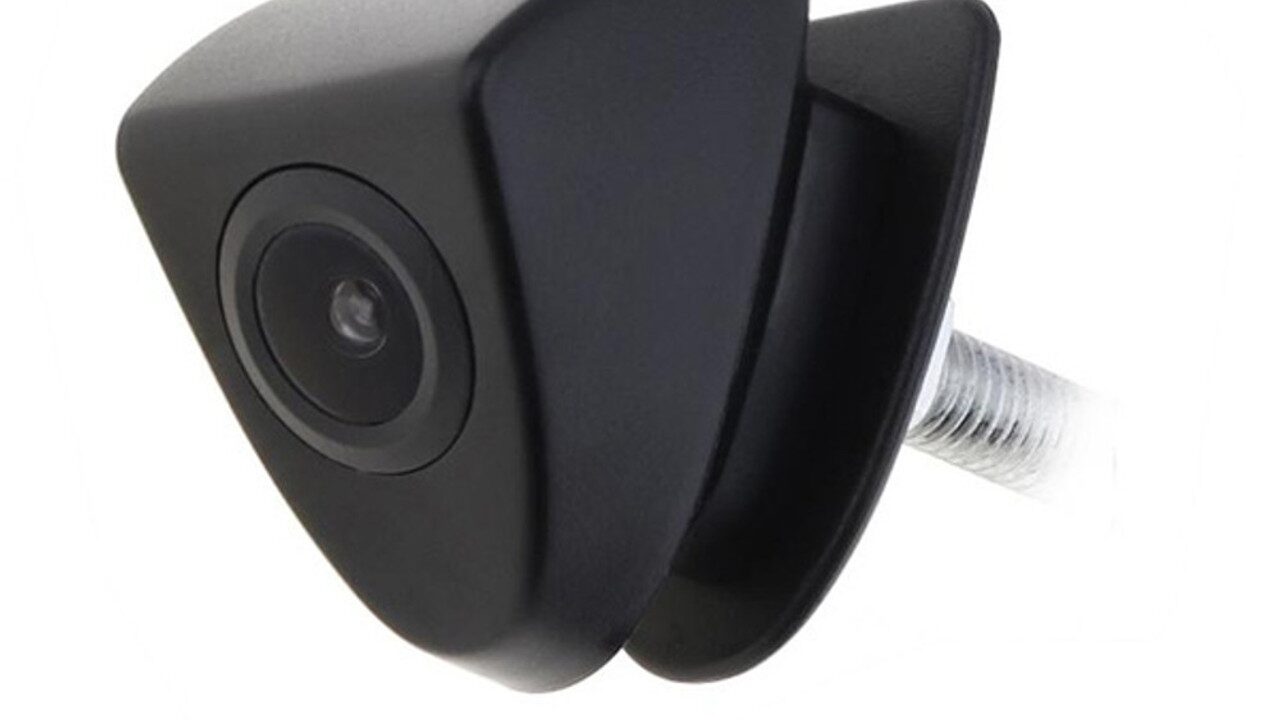Waterproof level and application scenarios of vehicle-mounted cameras
Car cameras are indispensable equipment in many fields today. Their wide applications cover many industries such as security monitoring, traffic monitoring, industrial production, and environmental monitoring. However, in these application scenarios, car cameras often need to face harsh environmental conditions, such as humid rainy days, dirty climates, high temperature and high pressure industrial sites, etc. Therefore, higher requirements are placed on the waterproof performance of car cameras. This article will give a detailed introduction to the waterproof level of car cameras and the corresponding application scenarios.for a long time OEM vehicle camera manufactorer It has an extraordinary development speed, and I believe that the future will be as overwhelming as ever. https://szdfpls.com
The waterproof level of car cameras refers to the classification mark of the degree of water penetration that car camera equipment can withstand under different humidity and climate. The standard of waterproof level is mainly divided by referring to the IP level classification in the international standard IEC60529 (2001) promulgated by the International Electrotechnical Commission (IEC). The IP level is divided into two numbers, the first number indicates the dustproof performance level, and the second number indicates the waterproof performance level. In the field of car cameras, we usually focus on the waterproof performance level.
The most common waterproof levels in the IP level are IP67 and IP68. IP67-rated car cameras can be completely immersed in water for a long time without damage and have high waterproof performance. This level of vehicle-mounted camera is usually suitable for outdoor environments, such as power inspection, highway monitoring, and park security.
The IP68-level vehicle-mounted camera is a more advanced waterproof level. It can be used in more severe environmental conditions, such as being immersed in water for a longer time and under higher water pressure. This level of vehicle-mounted camera is suitable for underwater operations, marine surveys, and underwater monitoring.
In addition to IP67 and IP68 levels, there are some other waterproof levels. For example, although the IP66-level vehicle-mounted camera cannot be completely immersed in water, it has high water protection performance and is suitable for applications in outdoor environments that are exposed to severe weather conditions for a long time, such as open-air parking lots, port terminals, etc.
In actual applications, the waterproof level of the vehicle-mounted camera needs to be selected according to different scene requirements. For example, in places such as sewage treatment plants with high humidity, high temperature and high pressure, the vehicle-mounted camera is required to have a higher waterproof level to ensure its normal operation. In traffic monitoring, due to poor environmental conditions such as automobile exhaust and dust, there are also certain requirements for the waterproof and dustproof performance of the vehicle-mounted camera.
In addition, there are some special application scenarios that also need to consider the waterproof performance of the vehicle camera. For example, in marine surveys, the vehicle camera needs to be able to withstand the erosion of seawater for a long time, and at the same time be able to capture clear pictures. This requires the vehicle camera to have a very high waterproof level and excellent image quality.
In general, the waterproof level of the vehicle camera is of great significance in various industries. Choosing a suitable waterproof level can ensure that the vehicle camera works normally in different environments and improve its service life. In addition to the waterproof level, attention should also be paid to other aspects such as the anti-seismic performance and high and low temperature resistance of the vehicle camera. With the continuous advancement of science and technology, it is believed that the breakthroughs in the waterproof performance of vehicle cameras will become greater and greater in the future, providing better protection for applications in all walks of life.